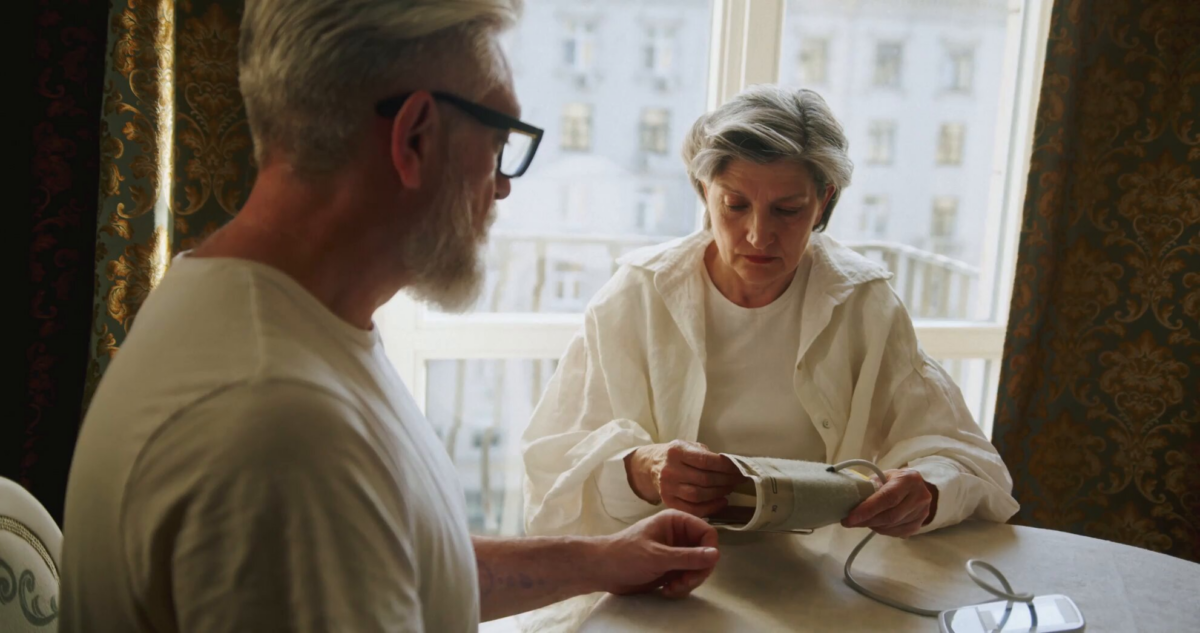Are Home Care Caregivers Certified or Licensed?


Home care services have transformed the caregiving industry, offering tailored, in-home solutions for elders, individuals with disabilities, or those recovering from medical conditions. A critical question often asked by families is whether caregiving professionals in home care services are certified or licensed. Understanding this aspect is essential as it greatly impacts both the quality of care provided and the trust families can place in these services.
Why Certification and Licensing Are Vital in Home Care Services
Caregiving extends beyond simply helping someone with daily activities. It often involves providing physical, emotional, and medical support while fostering a safe and comfortable environment. Certifications and licenses are vital because they reflect a caregiver’s capabilities, training background, and adherence to industry standards.
Having certified or licensed caregivers ensures:
- Safety and Expertise: Families can rest assured that the caregiver understands the proper protocols, particularly in medical scenarios, thus reducing risks.
- Trust and Reliability: Credentials validate that the individual has undergone rigorous training and background checks.
- Quality Assurance: Licensed caregivers are usually proficient in their roles and follow ethical caregiving practices.
Understanding Caregiver Certifications and Licenses
The certifications and licenses required for caregivers vary according to their roles and responsibilities. Below are some key types of certifications professionals in home care services might hold:
1. Certified Nursing Assistant (CNA):
CNAs assist with essential tasks such as bathing, dressing, and monitoring vital signs. They often work under the supervision of a registered nurse and must complete training programs approved by state licensing authorities.
2. Home Health Aide (HHA):
HHAs are trained to help clients with daily activities and some basic medical tasks like medication reminders. Many states require HHAs to undergo formal training and obtain certification.
3. Licensed Practical Nurse (LPN):
LPNs offer more advanced medical care compared to CNAs and HHAs, such as wound care and administering medications. They must complete accredited nursing programs and pass a licensing exam.
4. First Aid and CPR Certifications:
A caregiver’s ability to handle emergencies like falls or sudden medical crises is critical. Many home care services require caregivers to maintain certifications in first aid and CPR.
5. Specialized Training for Conditions:
Certain caregivers may undergo advanced training or certification to support clients with specific needs, such as dementia, Parkinson’s disease, or post-surgery care.
How V Care at Home Ensures Quality through Qualified Caregivers
At V Care at Home, quality care and client safety are top priorities. Their caregivers are trained professionals who undergo thorough vetting, background checks, and comprehensive training to meet industry standards. Each caregiver is equipped to handle unique needs, whether it’s elder care, post-operative support, or specialized care for chronic conditions like Alzheimer’s.
Internally, V Care at Home conducts regular assessments and ongoing training to keep caregivers updated on the latest safety practices and caregiving techniques. Families are assured of a personalized experience because V Care pairs its clients with caregivers whose qualifications and skills align with a family’s specific requirements.
External Oversight and Accreditation
While home care services handle internal training, external oversight plays a critical role in maintaining standards within the caregiving field. Various health departments and certifying bodies, such as the National Association for Home Care & Hospice (NAHC), provide guidelines and programs for caregivers to certify their skills and knowledge. Families can also verify caregiver credentials through online registries offered by state licensing boards.
For more information on caregiving certifications, visit National Caregiver Certification Association.
The Benefits of Working with Certified and Licensed Caregivers
Choosing certified or licensed caregivers through home care services offers several benefits:
- Customized Care Plans: Certified caregivers are trained to assess client needs and follow evidence-based care plans tailored specifically for the individual.
- Reduced Error Margins: Credentialed professionals are less likely to make mistakes, ensuring higher levels of safety and wellness.
- Stress Relief for Families: Certification provides peace of mind to families, knowing their loved ones are in capable hands.
Trust through Transparency
Companies like V Care at Home prioritize transparency to build trust with clients. From conducting interviews that address caregiving qualifications to offering the flexibility to customize care plans, this emphasis ensures families remain confident in their chosen service. At V Care, families are also encouraged to ask about the caregiver’s credentials, level of experience, and any additional training relevant to the client’s specific health needs.
Final Thoughts
Certification and licensing build the foundation for quality, safety, and trust in home care services. Whether you’re seeking elder care, post-surgical support, or assistance with chronic illnesses, working with qualified professionals ensures your loved one receives compassionate, well-rounded care. With their structured training protocols and focus on client safety, services like V Care at Home set the gold standard in caregiving.
When selecting a provider, always inquire about their hiring practices, caregiver certifications, and licensing requirements. Remember, investing in trained and credentialled care is crucial for giving families peace of mind and ensuring the highest level of support for your loved ones.
Please Read Our More Blogs:-
https://blogool.com/article/how-can-a-caregiver-help-reduce-feelings-of-loneliness-in-seniors






